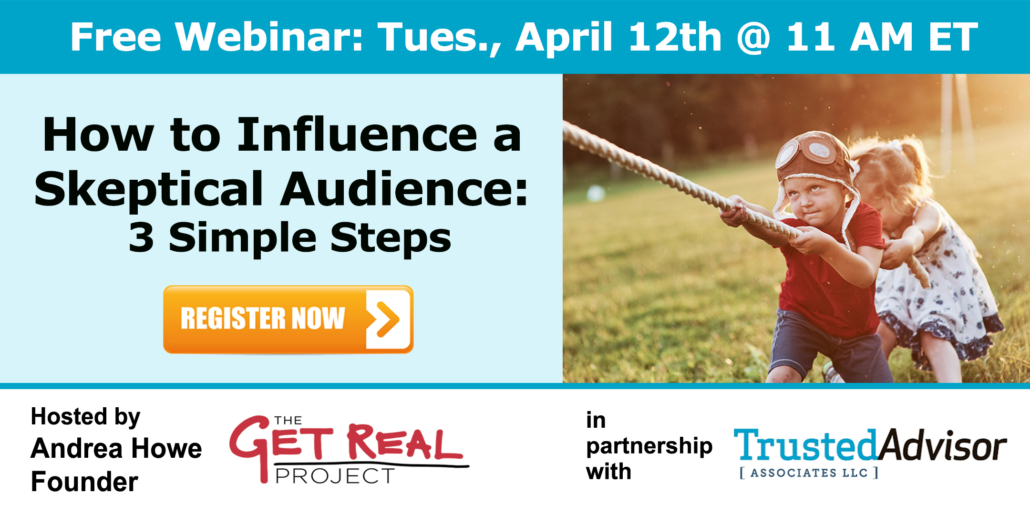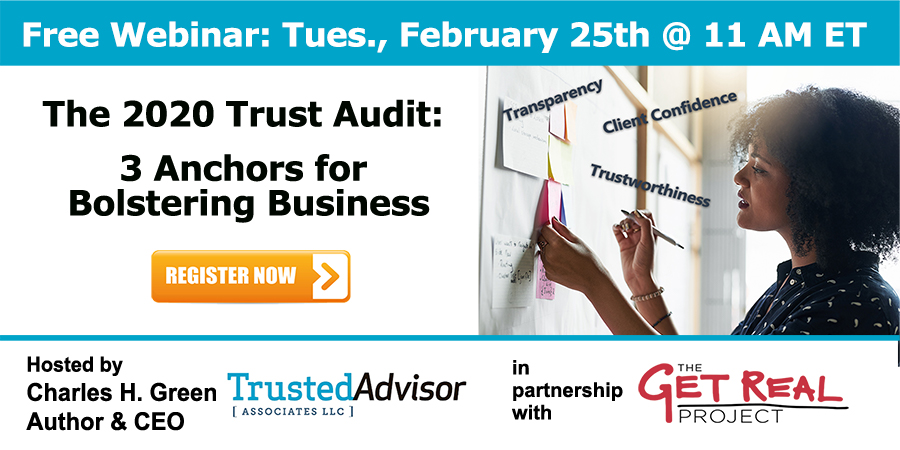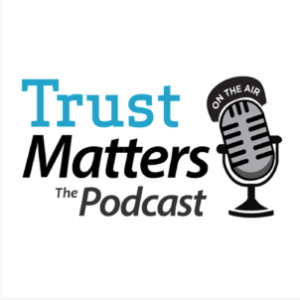This is the fourth in a series of five posts on short (seven words or less) powerful phrases. Each phrase distills the essence of a key part of approaching trust-based relationships in business.
Why focus on short phrases like this? Because the concise expression of several emotionally powerful concepts packs a punch. Such phrases feel profound. They catch the listener’s attention. They force the listener to reflect. They are short enough to remember every word, and they resonate in the mind of the listener.
Today’s Phrase: (Four words)
“Tell me more – please.”
This is the best, universal, skeleton-key phrase for getting your counterpart in a conversation to continue the dialogue, and in fact to go deeper.
When to Use It:
- A key technique for getting a dialogue to continue, gain momentum, and go deeper.
- Not at the outset of a conversation, but after two or three interactions, when you want more.
Examples:
- “So, this is your third job in this industry? Interesting…tell me more – please.”
- “That sounds a little different from what I usually hear people say about this topic: tell me more – please.“
- “You know both John and Mary? My my – tell me more – please.”
Why It Works.
These four words draw on several aspects of personal relationship as it develops in a conversation. Those include Open ended questions, Gift giving, and Reciprocity.
Open-ended Questions. Both open-ended and closed questions have their place. In this context, an open-ended question allows the respondent to define the terms of his or her answer – as opposed to the questioner defining them. Among other things, this suggests that the questioner is giving up his or her control over the conversation, and turning it over to the respondent.
Gift-giving. Use of this phrase early in a conversation conveys that the questioner is prepared to offer the gift of time. It’s the opposite of suggesting that you have limited time, and that you intend to control the meeting.
-
- This gift-giving sense of the phrase can be amplified with body language. You might lean in, put your pen or pencil (or laptop) to the side, and indicate that you are prepared for as much time as the respondent might want to spend on the topic.
Reciprocity. The “please” at the end of the phrase, coupled with the sense of giving the gift of time discussed above, establishes that you are engaged in simultaneously giving a gift, and asking a favor. But the favor is actually a form of another gift, cleverly disguised as a favor. It suggests that you are so interested in the respondent’s answer that you are asking for it – as a favor to you. (A favor, sincerely asked for, is a compliment; it ‘obligates’ the respondent to return the favor in some form).
The effect of this double-gift offering is to set up a pattern of reciprocity. If you are on the receiving end of this gift (“take as much time as you want, I am truly interested for my own sake in what you have to say, and want nothing other than to pay attention to you”), it leads the respondent to want to return the favor. We all appreciate sincerely being paid attention, and become inclined to, afterwards, listen as carefully to what the speaker in turn has to say.
Next Blogpost: Short Phrase #5 of 5: “What’s behind that?”




